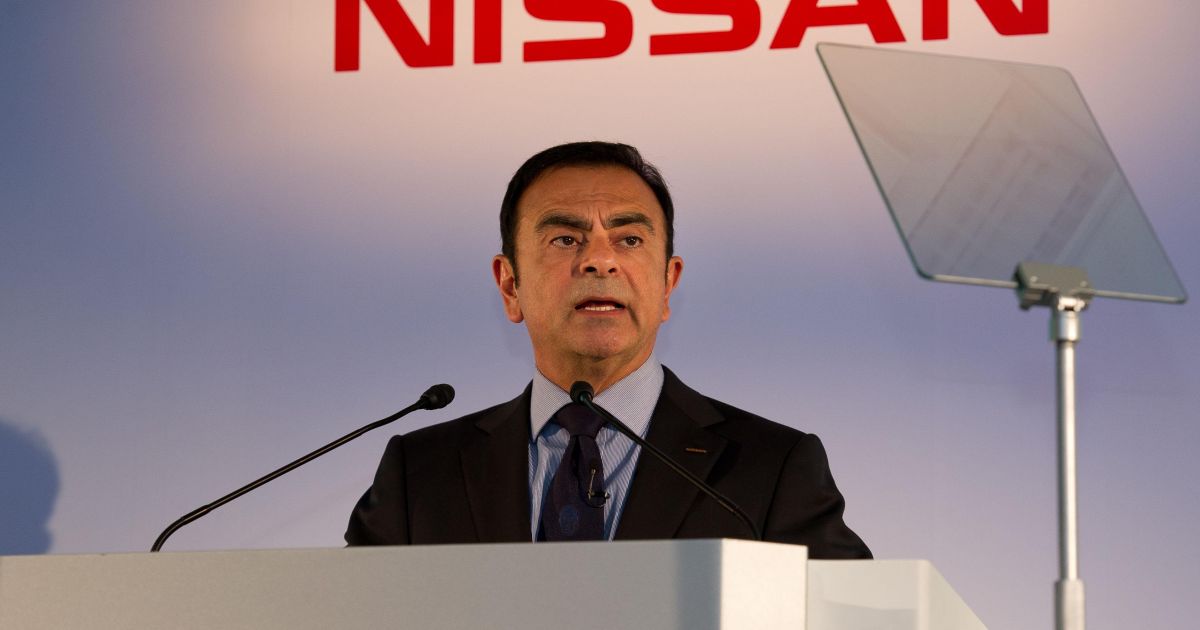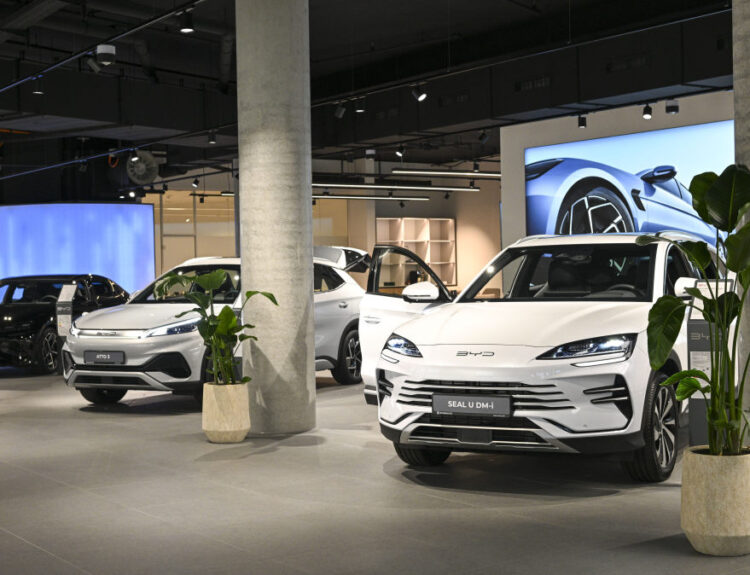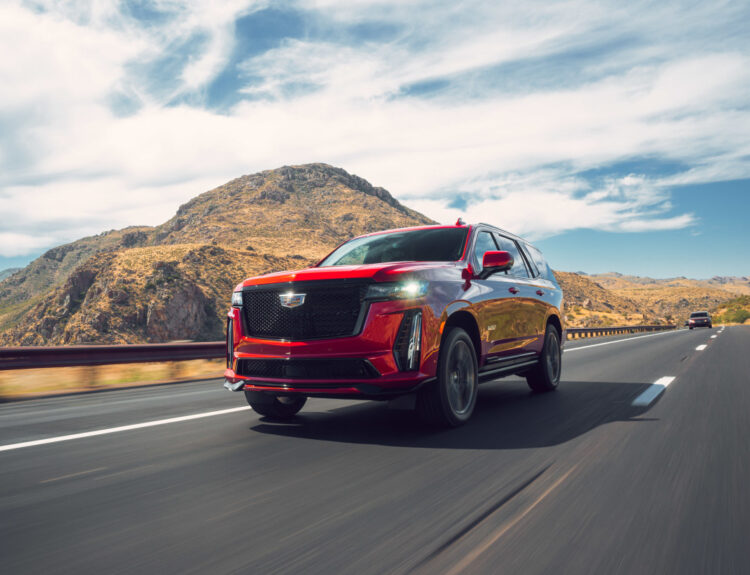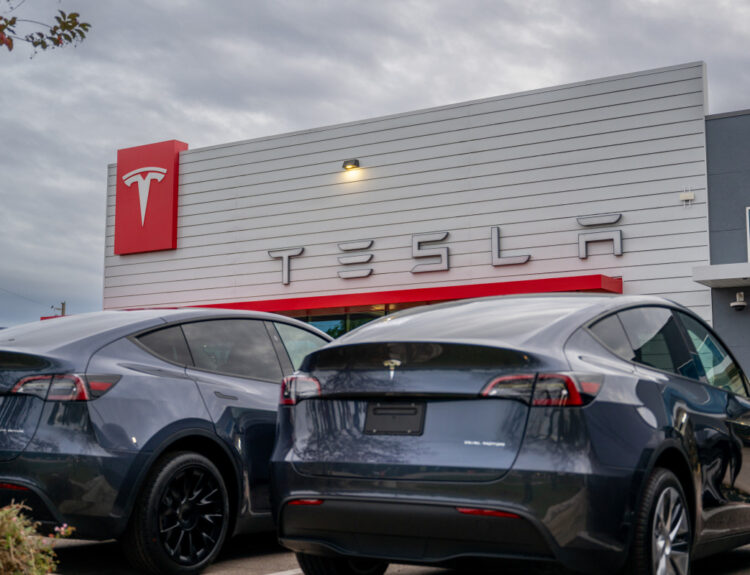Former Nissan CEO Carlos Ghosn, now a fugitive, has once again expressed sharp criticisms toward his former employer amidst reports of a potential merger between Nissan and Honda. The discussions, as reported by Nikkei Asia, suggest that Japan’s second- and third-largest automotive manufacturers are contemplating a union in response to escalating pressures from the burgeoning electric vehicle market, which has intensified competition from more affordable brands.
While no official announcement has yet been made regarding the merger, Ghosn characterized the move as one of desperation during an interview with Bloomberg. He noted, “This is not a pragmatic deal; the synergies between Nissan and Honda are hard to justify.”
Ghosn further elaborated on the similarities between the two brands, asserting, “There is virtually no complementarity. They share the same markets and similar product offerings.” According to him, demands from Japan’s Ministry of Economy, Trade, and Industry (METI) are influencing Honda to consider the merger against its better judgment.
“On one end, Nissan is scrambling to chart a viable future. On the other, Honda appears less than enthusiastic about this development. METI is certainly playing a significant role in pushing this agenda forward,” Ghosn remarked.
The Nikkei Asia report also suggested that Mitsubishi may be included in the merger talks, potentially creating one of the world’s largest auto conglomerates. In March, both Honda and Nissan acknowledged their exploration of collaboration in vehicle electrification and intelligent mobility, with an eye toward sharing essential components such as electric motors, battery technology, and software platforms.
However, Nissan’s financial woes have recently taken center stage. A report from The Financial Times disclosed alarming statements from a senior official, warning that the company has merely "12 to 14 months to survive." Meanwhile, Renault, which has maintained a long-standing alliance with Nissan, is reportedly open to divesting a segment of its stake in Honda to further reduce its holdings in Nissan—having already decreased its share from 43.4% to below 36% last year.
The intricacies of the Renault-Nissan Alliance, which has evolved into a partnership that includes Mitsubishi, were shaped by Ghosn when he was appointed CEO of Renault in 1999. He earned the moniker "Le Cost Killer" for his aggressive cost-cutting strategies but was subsequently ousted from both companies amid allegations of financial misconduct.
Since his arrest in 2018 in Japan, Ghosn has faced numerous legal challenges, including five international arrest warrants issued by a French magistrate in 2022. He escaped Japan while under house arrest, ultimately finding refuge in Lebanon, a country that lacks an extradition treaty with Japan. Recently, a Lebanese court ruled that Ghosn must vacate his residence in Beirut, following a trespassing claim against him by the property’s owners.
As the automotive landscape evolves, the implications of such potential mergers and Ghosn’s ongoing legal saga remain pivotal points of discussion for industry observers.
Related Coverage:
- Auto industry leaders Honda and Nissan consider merger amid EV competition
- Nissan faces critical financial challenges with an uncertain future
- Carlos Ghosn: from automotive titan to fugitive facing eviction in Lebanon
Source:www.carexpert.com.au






